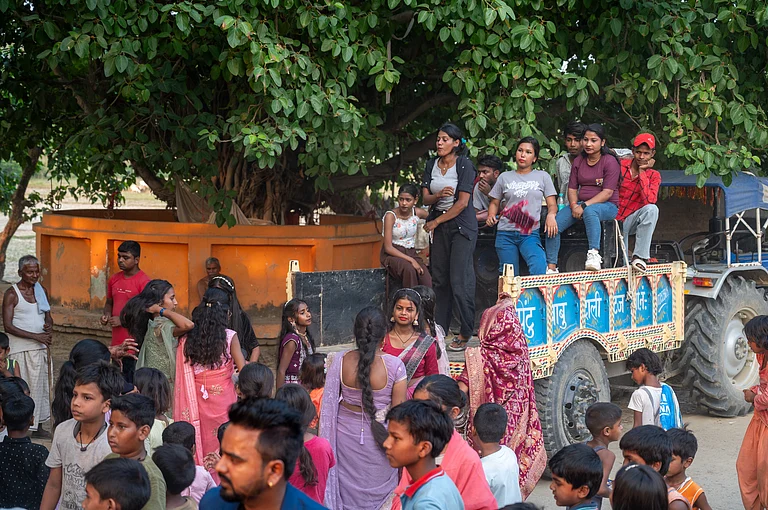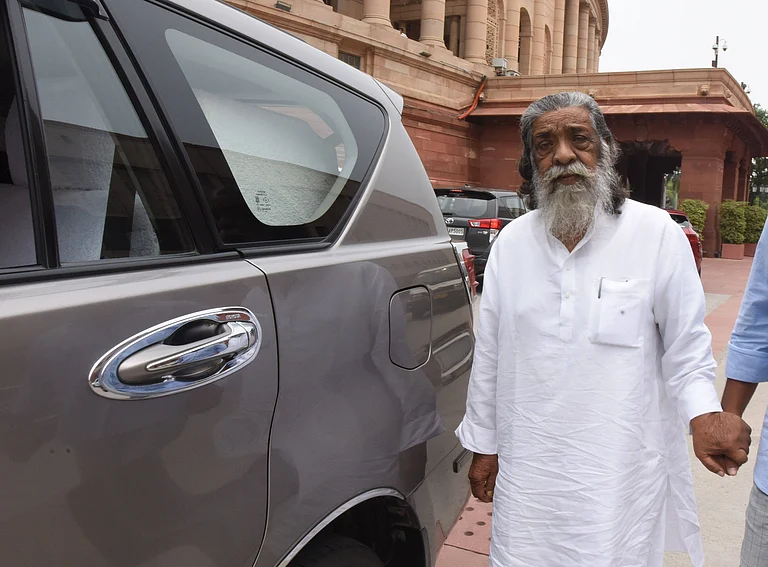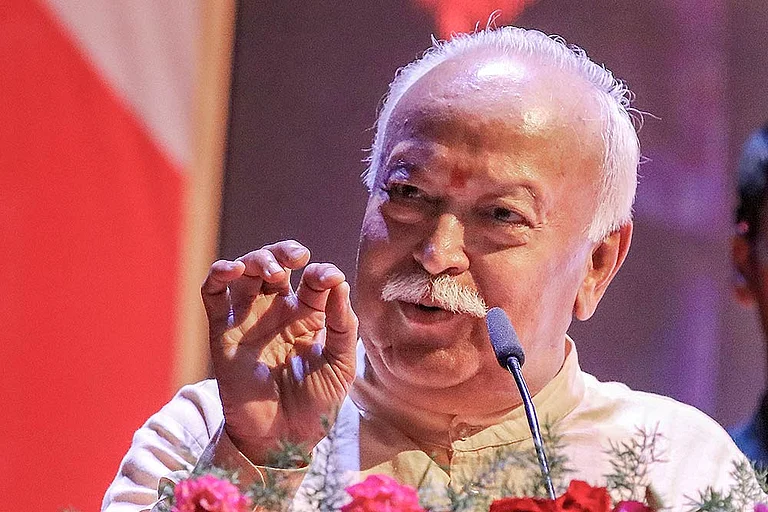The Centre on Tuesday announced that the Bharat Ratna this year would be awarded posthumously to the socialist icon and former Bihar Chief Minister Karpoori Thakur, who championed the causes of Backward Classes in the country. The announcement was made a day before the centenary celebrations of Thakur, who was also known as Jan Nayak (people’s leader), on Wednesday.
The two-time former Bihar Chief Minister had mentored many of the current generation leaders in the state including sitting Chief Minister Nitish Kumar and RJD President Lalu Prasad Yadav. The BJP government’s decision to honour Thakur, who emerged as the tallest backward caste leader in Bihar, with the highest civilian award comes at a time when the opposition has been building the demand for caste census as a plank to take on the ruling government in the upcoming Lok Sabha polls.
Who is Karpoori Thakur?
He was born in Pitaunjhia village (now renamed as Karpoori Gram), in the Samastipur district of Bihar. He was an active part of the Quit India Movement during his days of being a student activist and was also jailed for 28 months during the freedom struggle. He was in fact an active member of the All India Students Federation.
Thakur stepped into politics in 1952 when he was voted as an MLA from Tajpur constituency and as a Socialist party candidate. He served as the Education Minister and Deputy Chief Minister of Bihar, before becoming the first non-Congress socialist Chief Minister of Bihar in 1970, but his government collapsed after six months. He secured the CM post again in 1977 but resigned in 1979 over internal conflicts in the Janata Party (an amalgam of disparate parties including Socialists) over the reservation system.
Karpoori Thakur’s policies
Karpoori Thakur was known for his various social and political initiatives. During his tenure as chief minister, he enforced a total prohibition of alcohol in Bihar; removed English as a compulsory subject for the matriculation examinations and paved the way for establishment of schools and colleges in the backward districts of the state.
He also gave priority to unemployed engineers in jobs in the government contracts during his first term as the chief minister.
The decision that had the most profound impact in Bihar and the country was that of implementing the Mungeri Lal Commission report that recommended that backward classes be reclassified as extremely backward classes (including weaker sections of Muslims) and backward classes. The report was implemented in 1978, paving the way for 26 per cent reservation for them in the government services. This policy was seen as a precursor to the Mandal Commission report that recommended 27 per cent reservations for Other Backward Classes.
According to the ‘Karpoori Thakur Formula’, 12 per cent reservation was given to OBCs, 8 per cent to EBCs, 3 per cent to women and 3 per cent for the poor from ‘upper castes’. However, it was this reservation policy that caused internal tensions within the Janata Party, which eventually split into multiple factions. Thakur also faced stiff opposition from upper castes.
Even after Thakur’s death in 1988, his legacy continued with the rise of regional parties Janata Dal (United) and the Rashtriya Janata Dal in the state. In 2023, the coalition government of JD(U) and RJD released the findings of its caste survey, the first such survey since 1931, which showed that the EBCs that were classified using the Karpoori Formula were the largest section of population in the state. The issue of caste census has become a rallying point for opposition parties in the run-up to Lok Sabha elections.


























